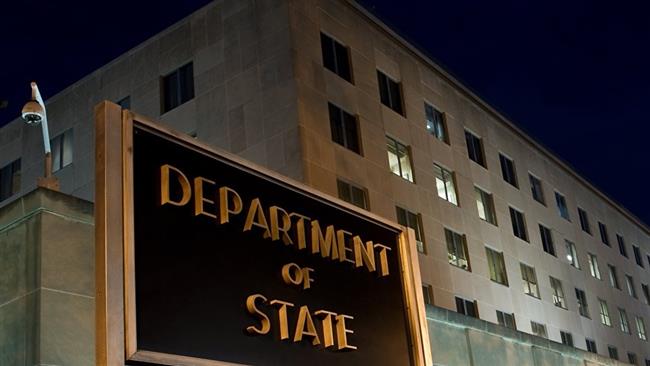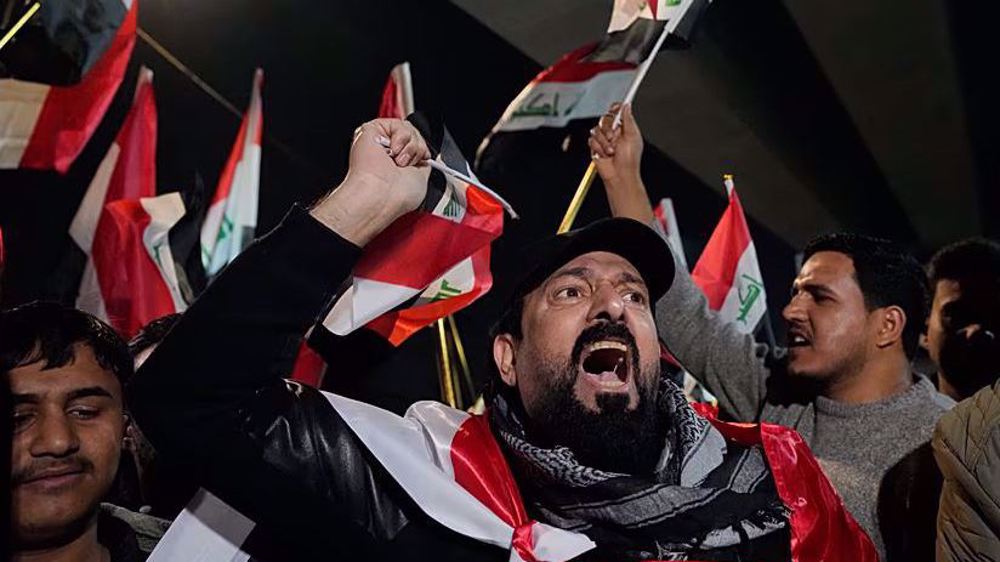US sanctions 11 firms, individuals for transferring technology to Iran
The United States has imposed sanctions on eleven companies or individuals from China, North Korea or the United Arab Emirates for transferring technology to Iran that it claimed could boost the country’s ballistic missile program.
The US State Department said on Friday nineteen more firms or individuals were sanctioned for other violations under the Iran, North Korea and Syria Nonproliferation Act (INKSNA), which Washington uses to slap sanctions on foreign individuals, private entities, and governments accused of being involved in proliferation activities.
The sanctions will be effective for two years and do not apply to these individuals and entities’ respective countries or governments, the department explained.
According to the statement, the eleven entities sanctioned under the INKSNA for transfers to Iran’s missile program are:
- Beijing Zhong Ke Electric Co. Ltd. (ZKEC) (China)
- Dalian Zenghua Maoyi Youxian Gongsi (China)
- Jack Qin (Chinese individual)
- Jack Wang (Chinese individual)
- Karl Lee [aka Li Fangwei] (Chinese individual)
- Ningbo New Century Import and Export Company Limited (China)
- Shenzhen Yataida High-Tech Company Ltd (China)
- Sinotech (Dalian) Carbon and Graphite Corporation (SCGC) (China)
- Sky Rise Technology [aka Reekay Technology Limited] (China)
- Saeng Pil Trading Corporation (SPTC) (North Korea)
- Mabrooka Trading (United Arab Emirates).
This comes a day after a bipartisan group of US senators in Congress introduced a bill that would impose tighter sanctions against Iran over its ballistic missile tests and other non-nuclear activities.

Read More:
The bill was introduced on Thursday by 14 Democratic and Republican senators, including senior members of the Senate Foreign Relations Committee.
The legislation would set mandatory sanctions for anyone involved with Iran's missile program and those who trade with them. It would also apply sanctions to the Islamic Revolution Guards Corps (IRGC).
Iran and the five permanent members of the United Nations Security Council -- the United States, France, Britain, Russia and China -- plus Germany started implementing the nuclear agreement, dubbed the Joint Comprehensive Plan of Action (JCPOA), on January 16, 2016.
In February, US President Donald Trump undermined the multilateral deal by introducing a new round of sanctions against Iran following the country’s successful test-launch of a ballistic missile, which Washington said was a breach of the JCPOA.

The US Treasury Department said Washington had imposed sanctions on 13 individuals and 12 entities as part of an effort to ratchet up pressure on Iran over its missile program.
The United States claims that Iran's missile tests violated Resolution 2231 that endorsed the Iran nuclear agreement.
Tehran insists its missile tests do not breach any UN resolution because they are solely for defense purposes and not designed to carry nuclear warheads.
Iran ministry slams EU’s blacklisting of IRGC as 'Illegal, hypocritical'
Hamas blasts Western media for blindly defending false Israeli narrative
ElBaradei condemns US threats of military action against Iran
VIDEO | Red the only colour in Gaza
‘No two-hour war’: Iran vows immediate retaliation to any attack
VIDEO | US warmongering threatens stability
Pezeshkian: US must end provocations if it seeks genuine diplomacy
Iran summons German ambassador over Merz’s ‘low-minded’ remarks










 This makes it easy to access the Press TV website
This makes it easy to access the Press TV website